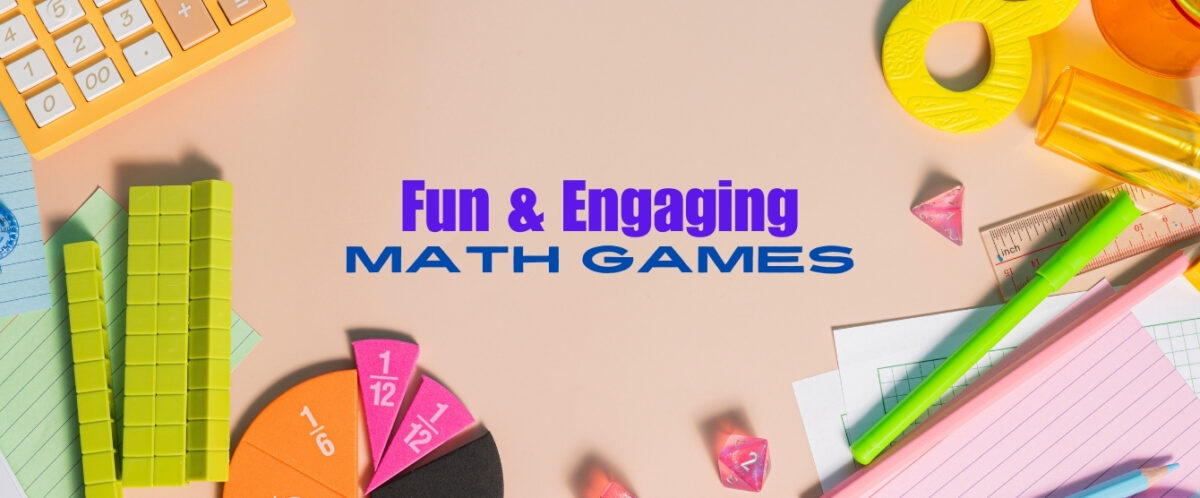Math games are more than just a way to keep children entertained. They are powerful educational tools that help reinforce math concepts in a practical and enjoyable manner. When children engage in math games, they are not only learning but also applying mathematical principles without realizing it. This makes the learning process more organic and […]



